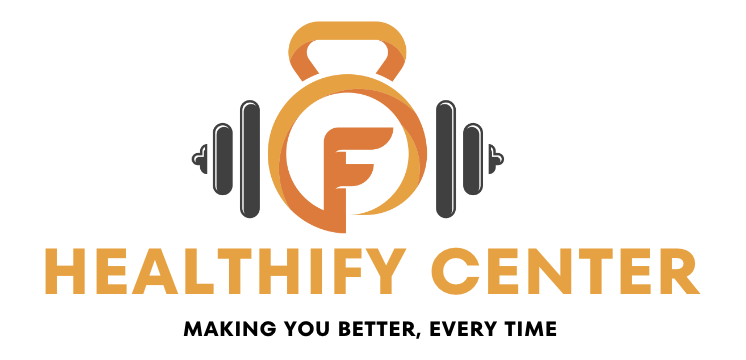The Affordable Care Act (ACA) was signed into law in 2010 with the goal of increasing access to affordable health care for all Americans. One of the key components of the ACA is the expansion of coverage options through Medicaid and the creation of health insurance marketplaces. The ACA also included provisions to support community health centers, which play a crucial role in providing healthcare services to underserved populations.
Community health centers are nonprofit, community-based organizations that provide comprehensive primary care services to individuals regardless of their ability to pay. They serve as a safety net for many low-income and uninsured individuals and families, offering a wide range of services including preventive care, chronic disease management, dental care, mental health services, and substance abuse treatment.
The ACA provided significant funding to support the expansion and improvement of community health centers, with the goal of increasing their capacity to serve more patients and improving the quality of care they provide. This funding has allowed many community health centers to expand their facilities, hire additional staff, and invest in technology and infrastructure improvements.
The ACA also increased the number of individuals who are eligible for Medicaid coverage, which has had a positive impact on community health centers. Medicaid expansion has allowed more patients to access the care they need, and community health centers have played a key role in providing these individuals with the primary care services they require. This has led to improved health outcomes and reduced healthcare disparities in many underserved communities.
Furthermore, the ACA has helped community health centers shift towards a more patient-centered and integrated care model. By emphasizing preventive care, care coordination, and population health management, community health centers are better positioned to address the complex needs of their patients and improve health outcomes.
Despite the positive impact of the ACA on community health centers, there have been some challenges as well. Changes to the healthcare landscape and uncertainty surrounding the future of the ACA have created funding and operational challenges for many community health centers. However, they have remained resilient and continue to play a vital role in providing healthcare services to those in need.
In conclusion, the Affordable Care Act has had a significant impact on community health centers, providing essential funding and support that has allowed them to expand their capacity and improve the quality of care they provide. As the healthcare landscape continues to evolve, it is important to recognize the important role that community health centers play in addressing healthcare disparities and providing access to primary care services for all individuals. Continued support and investment in community health centers are essential to ensuring equitable access to healthcare for all.


















Leave a Reply